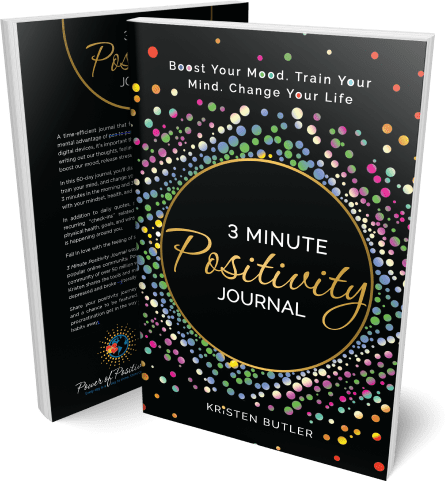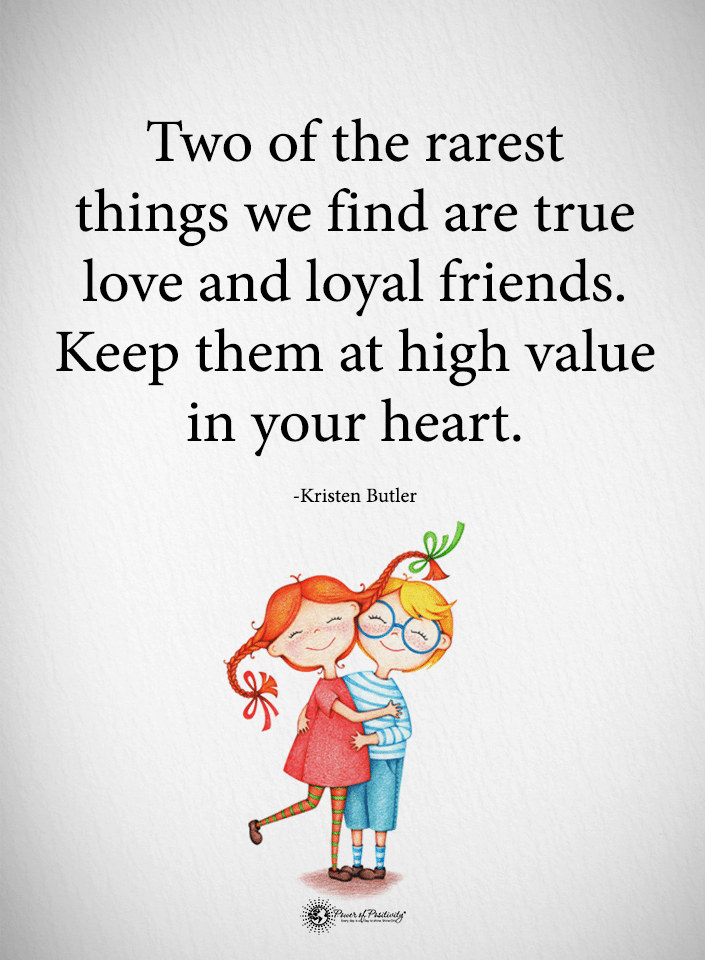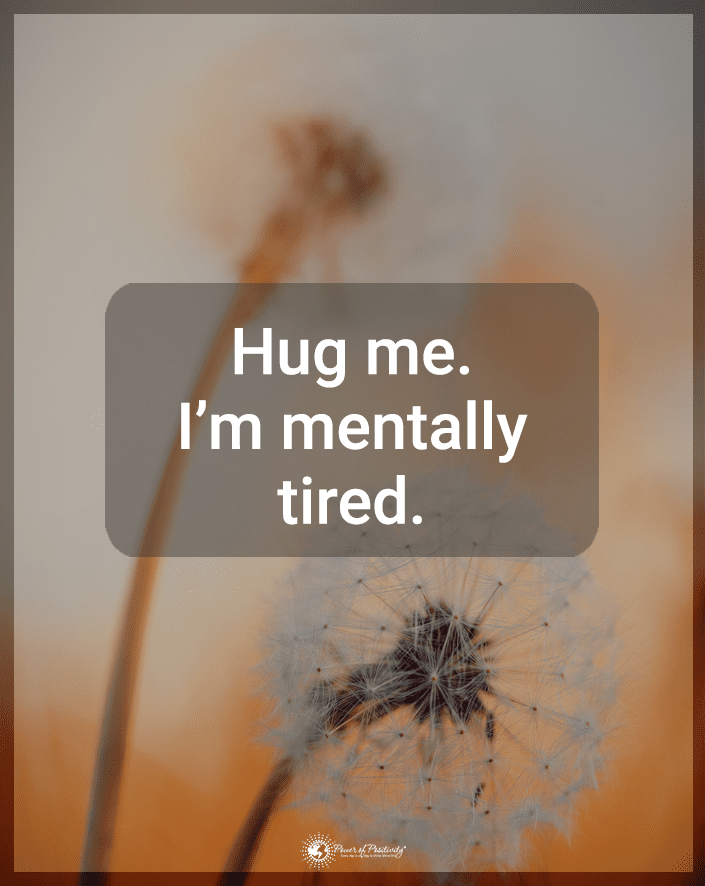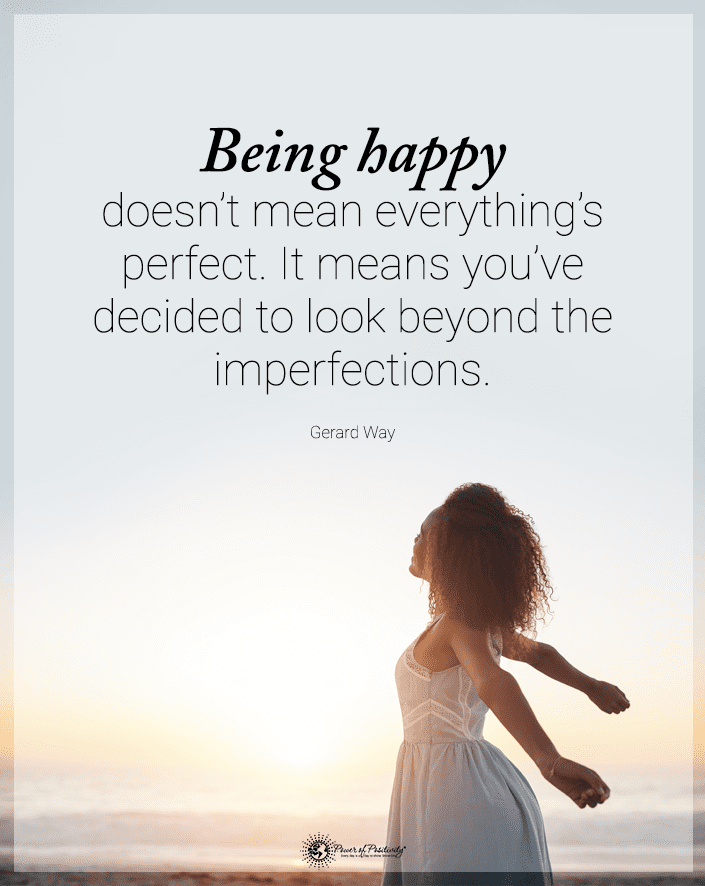Here’s the importance of unconditional true love.
When we think of love, a spectrum of feelings and commitments come to mind. However, at the heart of the most fulfilling relationships lies unconditional love.
Free from conditions and limitations, this form of love is not just a lofty ideal. Instead, it’s a cornerstone of deep, meaningful connections that enrich our mental and physical health and overall happiness.
Understanding Unconditional Love
Unconditional love is often seen as the purest form of affection and care one person can offer another. It’s a love that’s given freely, without expecting anything in return and isn’t diminished by the trials and tribulations of life. At its core, unconditional love is about loving someone for who they are at their essence, not for what they do or how they make you feel.
This form of love is selfless and enduring. It does not judge or punish; instead, it forgives and accepts. Unconditional love is not about overlooking flaws or ignoring mistreatment. Rather, it’s about recognizing and embracing the whole person, including their imperfections, without a desire to change them.
One key aspect of understanding unconditional love is differentiating it from conditional love. Conditional love, as the name implies, is based on certain conditions or expectations. It’s a love that says, “I will love you if…” or “I will continue to love you as long as…”. This kind of love depends on fulfilling certain criteria, including success, behavior, or reciprocation of feelings.
In contrast, unconditional love is not bound by these requirements. It doesn’t fluctuate with life’s ups and downs. It’s steady and unwavering, offering a stable and nurturing presence in one’s life. That doesn’t mean that unconditional love accepts harmful or abusive behaviors; rather, it means that the love itself is not withdrawn due to challenges or changes in circumstances.
Ten Key Signs of Unconditional Love

Sign #1: Acceptance
A paramount sign of unconditional love is acceptance. Acceptance in this context doesn’t mean passive resignation; instead, it’s about embracing each other’s quirks, habits, and characteristics without a desire to change them. It’s loving someone with their flaws, not despite them.
Real-life examples of this can be seen in everyday interactions. Consider a couple where one partner has a quirky sense of humor that doesn’t always align with conventional tastes. Unconditional love is laughing together at these unique jokes, not because they are universally funny but because they are a part of who the person is.
Another example might be accepting and loving a partner through life changes that aren’t always glamorous, like supporting them through a career change that involves financial instability or during a health crisis that changes the dynamics of the relationship. Acceptance in unconditional love means standing by each other’s side, not only during the peak moments but also through the valleys of life.
Sign #2: Unwavering Support
Unconditional love is also characterized by unwavering support. This type of support is consistent and reliable, irrespective of the situation. It’s about being there for each other through thick and thin. It also means offering a shoulder to lean on and being each other’s cheerleader.
However, it’s important to highlight the balance between support and independence. Unwavering support in the context of unconditional love is not about becoming codependent or enabling unhealthy behaviors. It’s about empowering each other to grow and be the best versions of yourselves.
For example, if one partner returns to school to pursue their dream career, unconditional love would support this decision, even if it means short-term sacrifices like less time together or financial adjustments. It’s about understanding and supporting each other’s journeys and goals.
This balance is crucial. It ensures that while one person is supportive, they’re not sacrificing their needs or well-being. It’s a mutual exchange of support that fosters individual growth and growth as a couple. This kind of support builds a strong foundation for a relationship, allowing both partners to feel secure and valued.
Sign #3: Respect
In the tapestry of unconditional love, the thread of mutual respect is indispensable. Respect in the context of unconditional love isn’t just about polite interactions; it’s a deeper recognition and appreciation of each other as individuals. This respect acknowledges and values the other person’s thoughts, feelings, and experiences.
Mutual respect manifests in daily interactions in various ways. It’s evident when partners actively listen to each other without interrupting or dismissing each other’s points of view. It’s present when disagreements arise, and both parties engage in constructive rather than combative discussions, where the goal is understanding, not winning.
Respect also means honoring each other’s boundaries and personal space. It’s understanding that love does not equate to ownership, and each person is an individual with their own needs, desires, and rights. For instance, respecting your partner’s need for alone time or their choice to pursue hobbies and interests that you may not share.
This respect extends to the way partners talk about each other to others. It’s about speaking highly of your partner in their absence, not airing grievances publicly or belittling them in social settings. In essence, respect in unconditional love is treating the other person with dignity and consideration at all times, reflecting the deep admiration and esteem held for them.
Sign #4: Empathy
Empathy is a cornerstone of unconditional love. It’s the gift of understanding and sharing another person’s feelings, to step into their shoes and experience their emotions. Empathy in relationships goes beyond mere sympathy, pity, or sorrow for someone else’s misfortune. Empathy involves a deeper connection and understanding.
In the realm of unconditional love, empathy means being attuned to your partner’s emotions and being sensitive to what they are going through. It’s about being present and supportive, not just in times of joy but also in times of sorrow or stress. When one person is experiencing difficulties, the empathetic partner feels with them and tries to understand their perspective, offering comfort and solace.
For example, suppose your partner is going through a tough time at work. In that case, empathy is not just about acknowledging their stress but also about trying to understand their feelings, perhaps feeling the weight of their frustration or anxiety alongside them. It’s about offering a listening ear, a comforting word, or simply being silent when words are not enough.
Empathy also involves celebrating each other’s successes as if they were yours. When your partner achieves something, empathetic unconditional love rejoices in their happiness and achievements. The shared emotional experience strengthens the bond and deepens the connection between partners, making the relationship resilient and deeply connected.
Sign #5: Patience
Patience is a vital aspect of unconditional love. The quiet strength allows relationships to grow and flourish over time, even in the face of challenges. Loving someone unconditionally means being patient with their growth, mistakes, and journey, just as you are on your own.
Patience in unconditional love is particularly crucial when dealing with differences and challenges. It’s about giving your partner time to change and improve without pressuring them or holding their past mistakes against them. It’s understanding that personal growth and change are processes that can’t be rushed.
For instance, if your partner is trying to overcome a bad habit or working on personal improvement, patience means supporting them through this process without judgment or frustration. It’s about being a steady presence, offering encouragement and understanding, rather than expressing constant disappointment or urgency for them to change.

Sign #6: Communication
Open and honest communication is the key to unconditional love. It’s through communication that we express our needs, our feelings, and our thoughts. In the context of unconditional love, communication is not only about speaking. It’s also about listening actively and empathically.
Effective communication in relationships involves expressing oneself clearly and respectfully. It’s about discussing difficult topics without fear of judgment or retribution and being open to hearing your partner’s perspective. It involves finding a common ground where both partners feel heard and understood.
Strategies for effective communication include active listening, which means fully focusing on what is being said rather than just passively hearing the words. It also involves using “I” statements to state your feelings without blaming your partner and practicing empathy to understand their origin.
Sign #7: Selflessness
Selflessness in the context of unconditional love is about putting the needs and well-being of your loved one before your own. It’s a willingness to make sacrifices for the happiness and growth of your partner. However, this doesn’t mean neglecting your needs or always putting yourself last; it’s about finding a healthy balance.
True selflessness in a relationship is about compromise and negotiation, where both partners’ needs are considered and met. For example, it might involve making a career move that benefits your partner’s aspirations or taking on more household responsibilities during a particularly stressful period for them.
Balancing selflessness with self-care is crucial. Taking care of your needs and well-being allows you to be a better partner and offer love and support more fully.
Sign #8: Trust
Trust is fundamental in unconditional love. It’s the foundation on which a healthy relationship is built. Trust in a relationship means feeling secure with your partner, knowing they will respect you and remain faithful in your bond.
Building and maintaining trust involves being reliable, consistent, and honest. It’s about being true to your word and following through on promises. It’s also about giving your partner the benefit of the doubt and believing in their good intentions.
A relationship grounded in trust allows for vulnerability and openness. When trust is present, partners feel safe to share their innermost thoughts without fearing betrayal or judgment. This level of trust creates a strong bond that can beat any obstacles that inevitably arise in any relationship.
Sign #9: Forgiveness
Forgiveness is a critical element in the realm of unconditional love. It’s letting go of resentment, anger, and bitterness towards your partner for their mistakes or misjudgments. This doesn’t mean what happened was okay, but rather that you move past it to foster a healthier relationship.
The role of forgiveness in unconditional love is about understanding and accepting that we are all fallible. We all make mistakes, and being able to forgive these mistakes is what allows love to continue to grow and thrive. It’s important, however, to distinguish between forgiving and forgetting. Forgiving means processing the hurt, learning from the experience, and moving forward without holding a grudge. Conversely, forgetting would mean ignoring the incident and not learning from it, potentially allowing harmful patterns to repeat.
For example, if a partner forgets an important date or event, forgiving them involves understanding the mistake, discussing how it made you feel, and finding ways to prevent a recurrence, rather than holding onto the hurt or using it as ammunition in future disagreements.
Sign #10: Enduring Commitment
Unconditional love is characterized by an enduring commitment that weathers the ups and downs of life. This commitment is not just about staying together; it’s about actively choosing each other daily through the good and bad times.
The long-term perspective of unconditional love is what sets it apart. It’s about seeing the relationship as a journey that evolves, grows, and deepens over time. It means standing by each other through life’s changes and challenges, whether personal, professional, or otherwise.
This enduring commitment involves a deep understanding that love is a feeling, choice, and action. It’s about continuing to invest in the relationship, keeping the connection alive through shared experiences, communication, and mutual support, even when difficult.
Final Thoughts on Recognizing the Value of Unconditional Love
In exploring the signs of unconditional love, we’ve delved into acceptance, unwavering support, respect, empathy, patience, effective communication, selflessness, trust, forgiveness, and enduring commitment. These signs are vital in nurturing and sustaining a relationship filled with unconditional love.
As you reflect on your relationships, consider the presence of these signs. Do you find these elements in your interactions with your loved ones? Are there areas where you could grow and improve? Remember, unconditional love is not just about how you are loved but also how you love others. It’s a two-way street that requires both parties’ effort, understanding, and dedication.
Unconditional love is a beautiful and rare treasure. If you find it, cherish it, nurture it, and watch it grow. It’s the kind of love that not only withstands the test of time but also enriches every aspect of life.




















